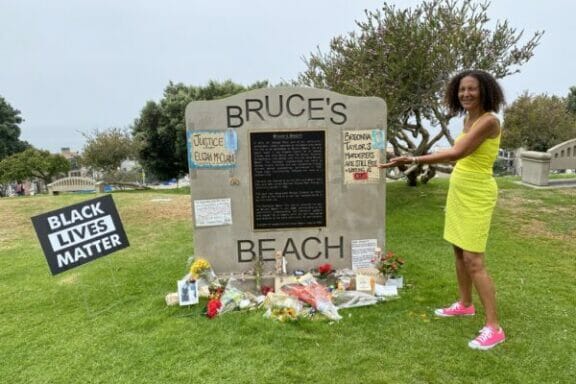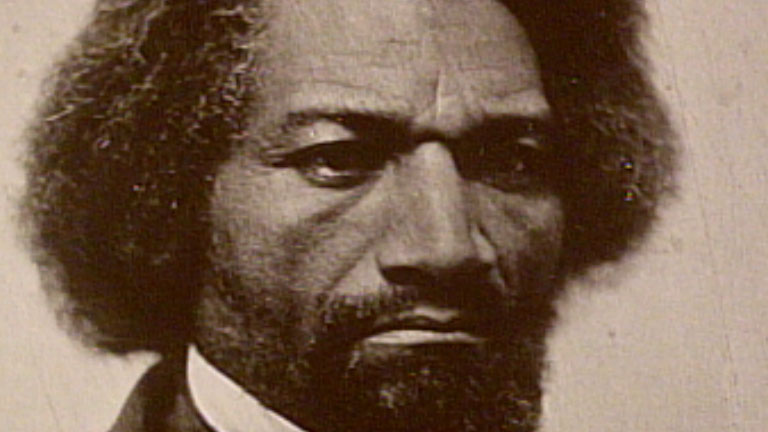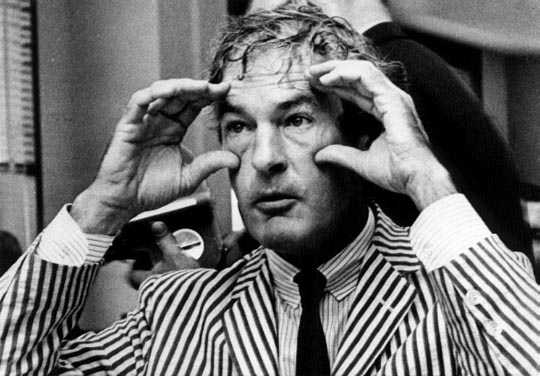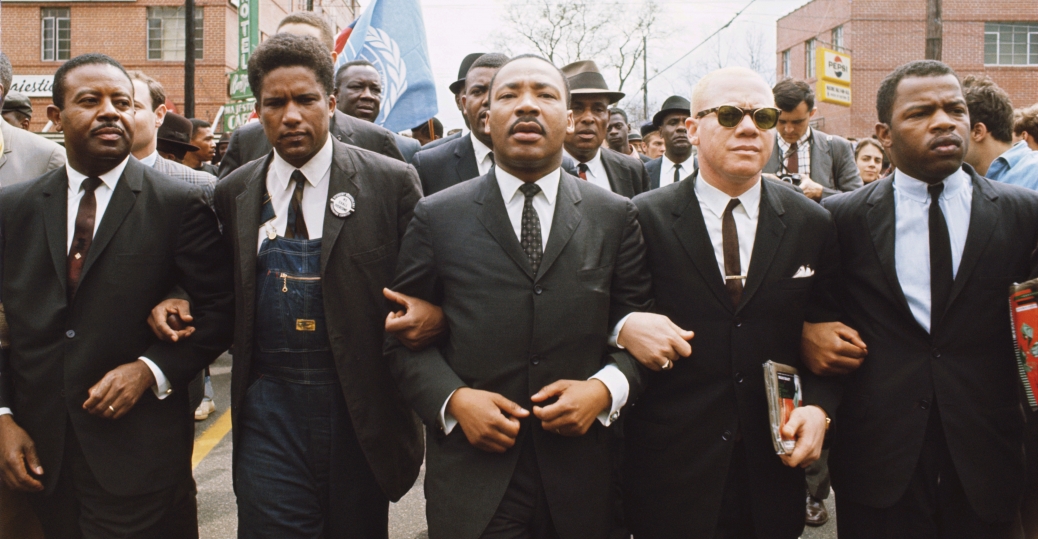Alison Rose Jefferson on African American History demonstrates how Black communal practices and economic development around leisure confronted politics of racial exclusion in recreational spaces. She shares unique stories of leisure sites, and their rich history.
History
Martin Luther King: Peace and Civil Rights Must Mix
For Dr. Martin Luther King, civil rights and economic justice were his most important issues. He also became a fierce critic of U.S. foreign policy and the Vietnam War. We play his “Beyond Vietnam” speech, which he delivered at New York City’s Riverside Church on April 4, 1967, as well as his last speech, “I’ve Been to the Mountaintop,” that he gave on April 3, 1968, the night before he was assassinated. Dr. Martin Luther King Jr. was born January 15, 1929. He was assassinated April 4, 1968, at the Lorraine Motel in Memphis, Tennessee. He was just 39 years old.
Frederick Douglass on the 4th of July: Injustice and Cruelty
Frederick Douglass escaped slavery in 1838 and became one of the most powerful and eloquent orators of the abolitionist movement. Listen to his 1852 Independence Day talk, organized by the Rochester Ladies’ Anti-Slavery Sewing Society and performed by James Earl Jones.
The CIA and Psychedelics: From Timothy Leary to the Unabomber
Jeffery St. Clair and the late Alexander Cockburn wrote about the history of CIA-associated psychologists such as 1960s psychedelic pitchman Timothy Leary using LSD and psilocybin, and their effects on subjects, like the Unabomber, Ted Kaczynski.
‘Selma’: Martin Luther King Jr. as Radical Peace and Anti-Poverty Activist
The 2014 film controversially reinstated the radical legacy of Rev. Dr. Martin Luther King Jr., where he spoke out against war and poverty and was marginalized by the political establishment as a result. This review of Ava DuVernay’s Selma is by Zaid Jilani.
Libertarianism Failure: Inequality and the Repeal of Public Protections
In a nation that prides itself on democracy and equality, one finds many defenders of elitism and inequality among some conservatives, most libertarians, and especially objectivists. In a capitalist nation, one that often worships economic success above morality, one can find religious defenses of amorality going back pretty far. How did we get here?






